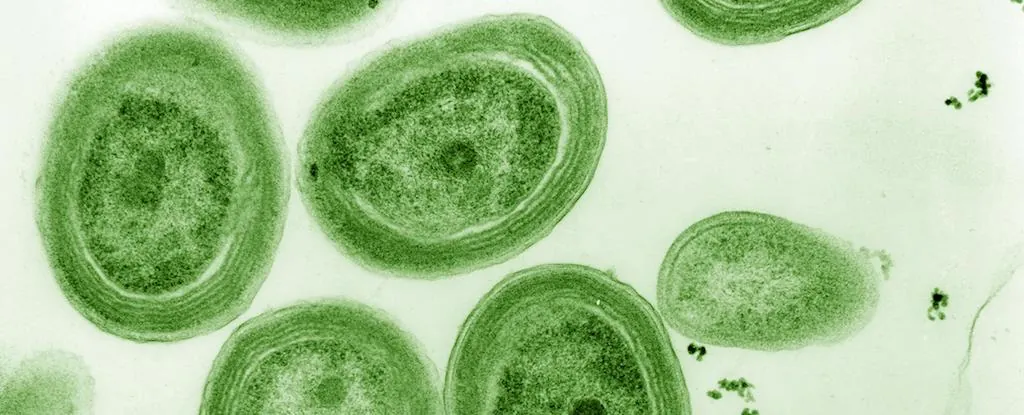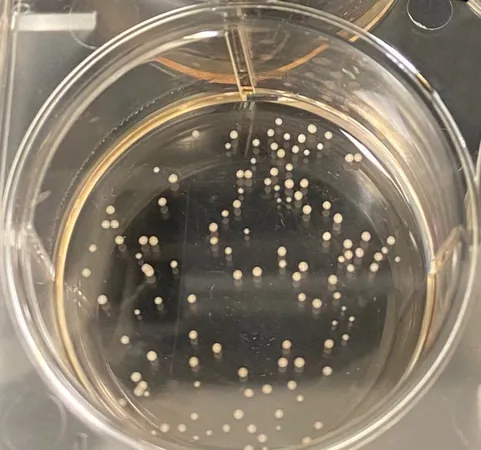
Is Prochlorococcus in Peril? The Impact of Rising Ocean Temperatures on Our Planet's Oxygen Source!
2025-09-21
Author: Rajesh
Earth thrives thanks to the miracle of photosynthesis—a process that powers our food webs by converting sunlight into energy. Among the many organisms performing this vital function, one stands out: Prochlorococcus, the planet's most abundant photosynthetic microbe. This tiny cyanobacterium is crucial for our survival, generating nearly a third of the Earth's oxygen and serving as the backbone of marine food systems.
However, a groundbreaking new study casts doubt on the future of Prochlorococcus in the face of escalating ocean temperatures. Scientists worry that this essential microbe and the ecosystems that rely on it may be more vulnerable to climate change than previously believed.
The Blue Marvel: Prochlorococcus and Its Habitat
Prochlorococcus is a widespread organism, flourishing in over 75% of the sunlit surface waters of our oceans, particularly in the tropics where warm, nutrient-poor conditions abound. Lead researcher François Ribalet from the University of Washington describes these tropical waters as strikingly blue but lacking in nutrients, except for the remarkable Prochlorococcus.
Traditionally, some experts believed that these microbes would thrive as ocean temperatures rise due to climate change, having adapted well to warm conditions. But this new research indicates that hotter water might not be their best friend.
A Temperature Tipping Point
Prochlorococcus thrives in a temperature range of 19 to 28 degrees Celsius (66 to 82 degrees Fahrenheit). Alarmingly, many tropical and subtropical regions are expected to exceed this upper limit within the next 75 years, sending shockwaves through the food web.
Ribalet states, "Scientists thought Prochlorococcus would thrive in warmer waters, but in fact, they struggle in the hottest regions. This means less carbon—and less food—for marine life reliant on them."



 Brasil (PT)
Brasil (PT)
 Canada (EN)
Canada (EN)
 Chile (ES)
Chile (ES)
 Česko (CS)
Česko (CS)
 대한민국 (KO)
대한민국 (KO)
 España (ES)
España (ES)
 France (FR)
France (FR)
 Hong Kong (EN)
Hong Kong (EN)
 Italia (IT)
Italia (IT)
 日本 (JA)
日本 (JA)
 Magyarország (HU)
Magyarország (HU)
 Norge (NO)
Norge (NO)
 Polska (PL)
Polska (PL)
 Schweiz (DE)
Schweiz (DE)
 Singapore (EN)
Singapore (EN)
 Sverige (SV)
Sverige (SV)
 Suomi (FI)
Suomi (FI)
 Türkiye (TR)
Türkiye (TR)
 الإمارات العربية المتحدة (AR)
الإمارات العربية المتحدة (AR)